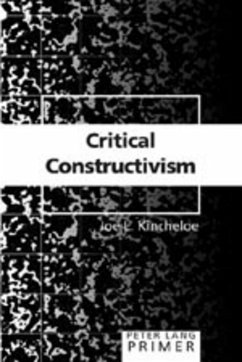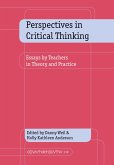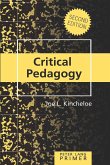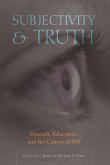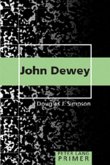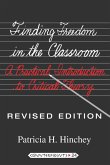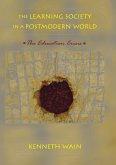The Critical Constructivism Primer introduces education students to the study of knowledge; how it is inscribed by particular values and produced in problematic ways; whose interests it serves; and how it shapes the identities of those who consume it. Critical constructivism is an epistemological position that examines the process by which knowledge is socially constructed. Joe L. Kincheloe takes readers through the basic concepts and alerts them to the dangers of objectivism, reductionism, and the pathological views of self and world that emerge if students and educators are unaware of the construction of knowledge by dominant power interests. The book is essential reading for individuals who want to become researchers and educators.

